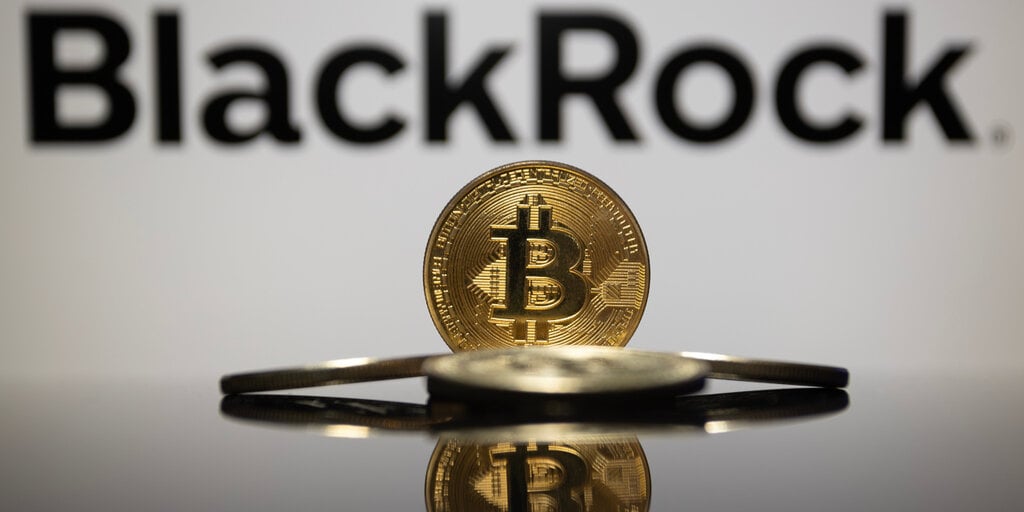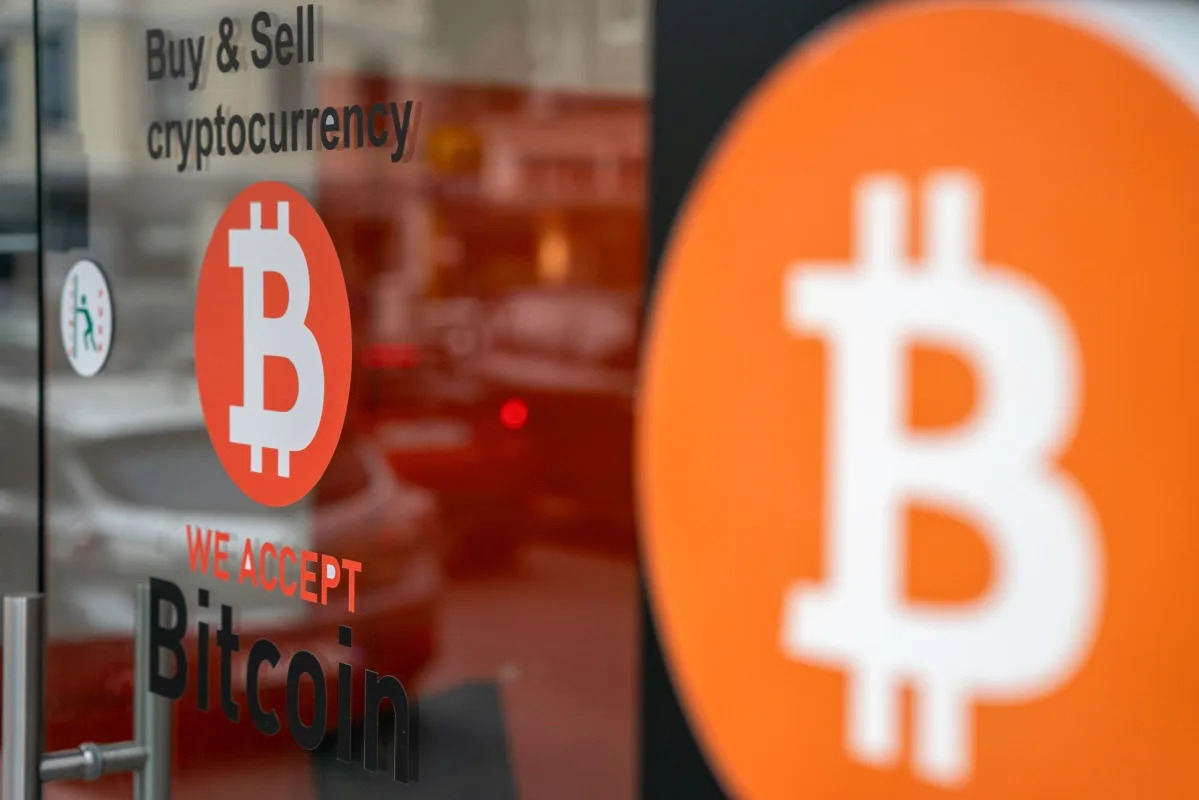Summary:
BlackRock analysts classify Bitcoin as neither a risk-on nor risk-off asset.
Clients view Bitcoin as insurance against a potential U.S. debt crisis.
The U.S. faces a staggering $35 trillion in debt, with a $2 trillion deficit.
Bitcoin is described as a “non-sovereign monetary alternative”, detached from traditional crises.
Historically, Bitcoin has traded in near-lockstep with Wall Street, challenging its safe haven narrative.
Is Bitcoin a “risk-on” or “risk-off” asset? According to analysts at BlackRock, the world's largest asset manager, it qualifies as neither.
In a recent PowerPoint document, BlackRock revealed that its clients largely perceive Bitcoin as insurance against a potential U.S. debt crisis. The analysts emphasized that Bitcoin has “little fundamental exposure” to the macro variables impacting other asset classes. Key attributes of Bitcoin highlighted include its limited supply, global nature, and ease of transfer across borders.
The analysts noted, “The growing concerns in the U.S. and abroad over the state of U.S. federal deficits and debt has increased the appeal of potential alternative reserve assets as a hedge against possible future events affecting the U.S. dollar.”
This sentiment aligns with a broader institutional interest in Bitcoin, as stated by BlackRock's analysts.
Currently, the U.S. is grappling with a staggering $35 trillion in debt, and an official annual budget deficit of $2 trillion. Figures like Republican Senator Cynthia Lummis and ex-President Donald Trump have suggested utilizing Bitcoin to address the national debt by establishing a strategic Bitcoin stockpile.
The report characterizes Bitcoin as a “non-sovereign monetary alternative” that remains largely detached from crises related to the banking system, sovereign debt, currency debasement, and geopolitical disruptions. Over time, Bitcoin's adoption is expected to rise with increasing concerns over such crisis events.
This analysis supports the narrative of Bitcoin as an “uncorrelated” safe haven asset. Proponents argue that in challenging times, as the U.S. dollar weakens, investors will gravitate towards scarce assets like Bitcoin. However, historically, Bitcoin has not consistently behaved this way.
Since at least 2020, post the pandemic-induced market crash, Bitcoin has traded in near-lockstep with Wall Street, particularly with tech stocks. Notably, during geopolitical disruptions, Bitcoin experienced a 6% drop shortly after Russia’s invasion of Ukraine in 2022, although it later recovered.
BlackRock attributes these contradictions to Bitcoin’s immaturity as an asset, alongside its high saleability during panic periods compared to less liquid investments like real estate.
Currently, BlackRock considers Bitcoin to still be a “risky” asset due to potential regulatory changes and its emergent technology status. However, these risks are perceived as distinct from other investment classes. BlackRock concludes, “Simple ‘risk-on’ versus ‘risk-off’ frameworks lack the nuance to be broadly useful.”







Comments